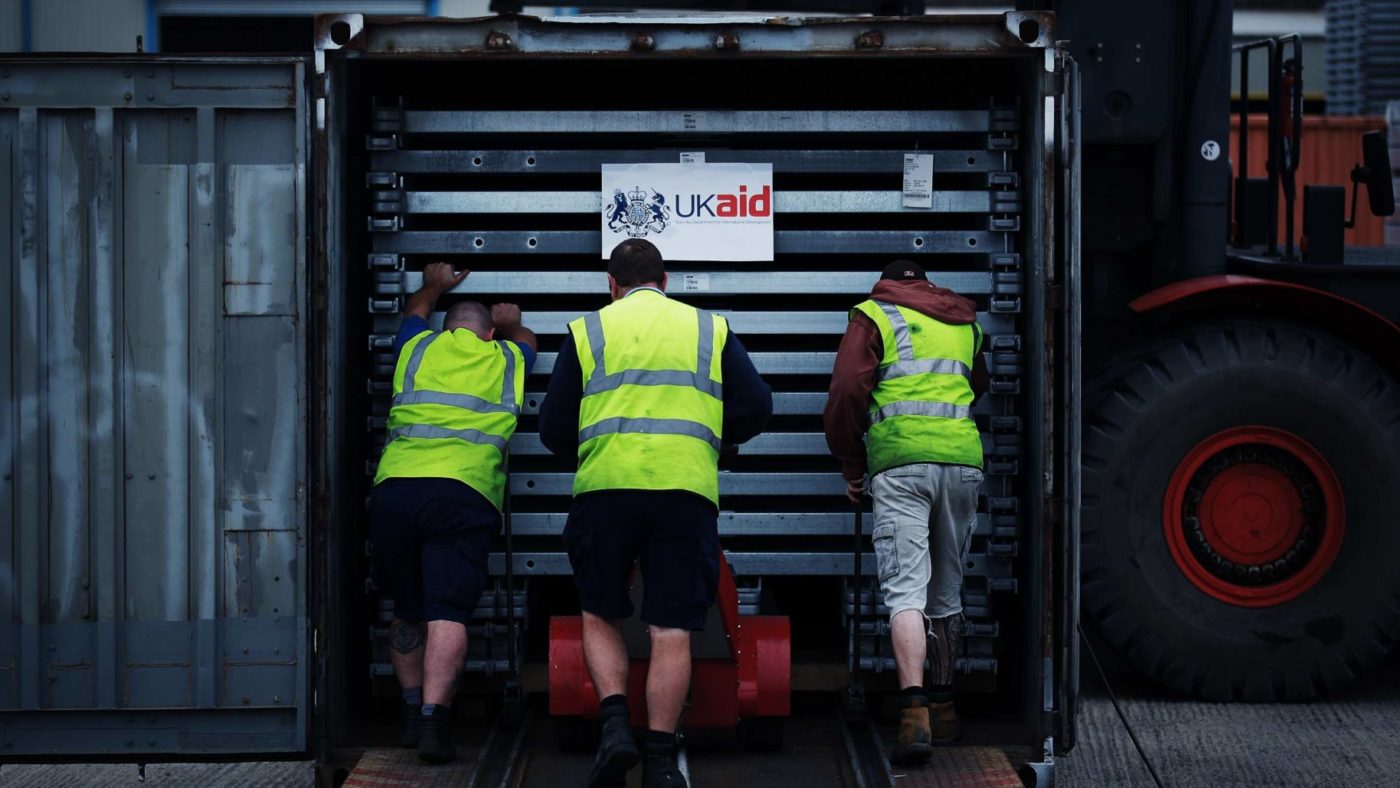Cutting the aid budget so that it accounts for 0.5% rather than 0.7% of GDP need not in fact diminish its effectiveness, nor British influence in the world. It all depends how the budget cuts are made.
It is a little known fact that the majority of British aid spending is actually handed out to multilateral organisations over which we have little control. In 2019 an amazing £8bn of our £15bn aid budget, 52.5%, was diverted into the budgets of these largely unaccountable international bureaucracies.
There is no doubt that doling out all this cash makes the ministers and officials involved very popular with international bureaucrats, who have showered praise on British development spending for years now. The person with the open chequebook is always the most popular one in the room.
“We work very closely with Dfid and Dfid has continued to grow in stature and reach, and their support has been critical both to us and the countries on which they impact,” World Bank President Jim Yong Kim said in 2014, after his organisation got a handy £1.9bn from the UK in 2013. When a virtue-signalling British cheque for £20m was handed to an entirely superfluous new UN organisation, UN Women, its head, Michelle Bachelet praised the UK as being “a true champion of gender equality”.
It is no surprise that multilateral bureaucrats view the British aid budget as a “giant cash machine in the sky”, to use the Prime Minister’s own words.
Aid spending across departments was £15.1bn in 2019, so how should we get it down to the £10bn in 2021 that Rishi Sunak has just announced? Firstly cuts of £2.9bn were already made this year to account for lower GDP. Because these cuts were said in July by the Foreign Secretary “to include underspends, delaying activity and stopping some spend”, let’s assume that just £1.5bn of those will carry through to the following year and we still need to find another £3.5bn of savings.
The first point is that, thankfully, we will no longer have to pay money into the EU’s appallingly inefficient aid programmes. These consumed just under £1.9bn in 2019 with 43% being spent in upper-middle income countries, of which Turkey is the largest recipient, and much of the rest going to French-speaking countries of strategic interest to France, not Britain.
It is a frightening fact that in 2019 Britain gave over £2bn in additional contributions to assorted UN agencies, noted for their incompetence. This figure does not include the £423m of core contributions they also received from us. Extraordinarily slow and bureaucratic, these patronage-oriented UN bodies are primarily motivated by a desire to feather their own nests and much influenced by political interference, as the WHO have ably demonstrated this year. Only lavishing an additional £500m on these bureaucracies would save a further £1.5bn. The World Bank was given an extra £500m in 2019, let’s pare that back to only an extra £100m. We’ve already reached £3.8bn of savings, more than we need.
Indeed, it would be easy enough to cut more from the money given to multilaterals. Do we really need to give an extra £66m to the Asian Development Bank and an extra £14m to the African Development Bank, for example? Halving multilateral spending should be easy to do, while leaving money for worthwhile multilateral initiatives.
There are, of course, cases when collective international action makes most sense. For example in 2019 we gave £200m to the Global Alliance for Vaccines & Immunisation as well as £199m to the International Finance Facility for Immunisation, which issues Vaccine Bonds on the capital markets. These enable the development of new vaccines and their rapid roll-out in developing countries. We also gave £370m to the Global Fund Global Fund to Fight AIDS, Tuberculosis and Malaria.
It’s better to concentrate our efforts on such new initiatives than dump money into the budgets of the old inefficient bureaucracies such as UN Agencies and the World Bank. Aid specialist Professor William Easterly of New York University found that “Bilaterals have lower overhead costs than multilaterals, who in turn have lower cost ratios than UN agencies. The most extreme among the latter are UNDP and UNFPA, who actually spend more on administrative costs than aid disbursements (129% and 125%, respectively). UNDP’s salary/ aid ratio of 100% also ranks as the highest across all agencies.
An effective aid programme should support a range of targeted multilateral initiatives but concentrate on direct UK-controlled programmes, designed in Britain and implemented by our own departments and agencies. We have a high-quality organisation in the FCDO, staffed by very capable diplomats and aid officials. Let’s use them to do a better job for both Britain and the developing world.
Click here to subscribe to our daily briefing – the best pieces from CapX and across the web.
CapX depends on the generosity of its readers. If you value what we do, please consider making a donation.


